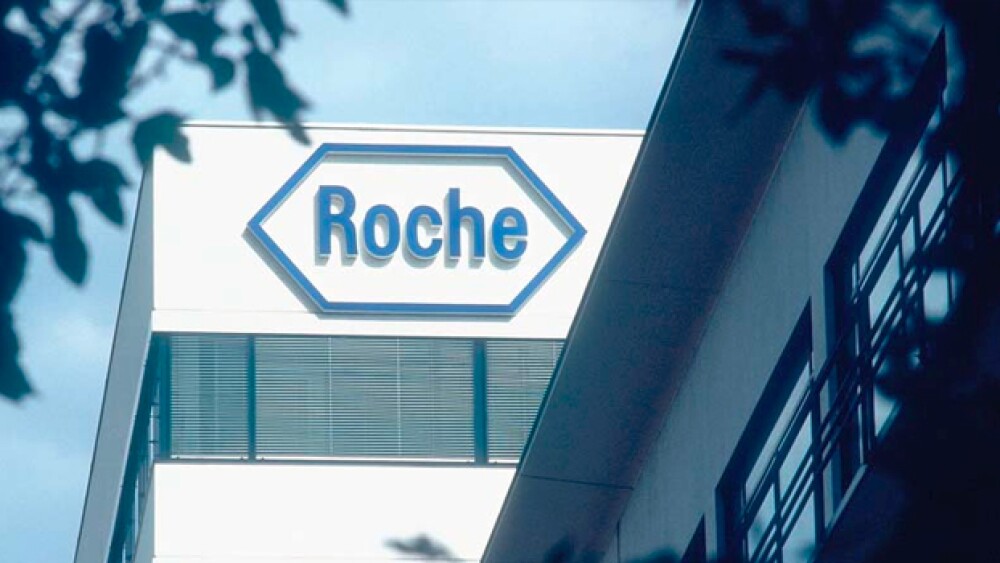Roche and privately-held cell therapy company SQZ will jointly develop oncology products based on antigen presenting cells (APCs) that are created by the SQZ platform.
Watertown, Mass.-based SQZ Biotechnologies could be on the receiving end of up to $1 billion following its signing of an expansion agreement with pharma giant Roche.
Roche and privately-held cell therapy company SQZ will jointly develop oncology products based on antigen presenting cells (APCs) that are created by the SQZ platform. The two companies initially formed a collaboration in 2015 that was valued at about $500 million. The companies aimed to use SQZ technology to introduce proteins into a patients’ B-cells in hopes of activating T-cells to fight off cancer.
The SQZ technology uses antigen-presenting cells, which are responsible for activating killer T cell responses. In animal testing, SQZ said when the APCs were administered their major histocompatibility complexes presented antigens induce powerful, specific CD8 T cell responses against the antigen of interest. SQZ said those CD8 T cell responses “subsequently drive a strong killing effect against any cell expressing the target antigen.” The bulk of SQZ’s preclinical research has been with HPV positive tumors, particularly those in cervical and head and neck cancers, according to the company’s website.
SQZ said its APC engineering and manufacturing process requires no cellular expansion or genetic modification by viruses or editing agents. This dramatically improves the anticipated safety profile, while cutting production time and cost, the company said. The two companies hope to secure regulatory approval from the U.S. Food and Drug Administration (FDA) to begin human trials sometime next year.
Armon Sharei, founder and chief executive officer of SQZ, said the expanded collaboration will accelerate the company’s abilities to “bring a broad range of impactful oncology products to market.” Sharei said the company believes that the partnership with Roche will yield novel therapeutics for cancer patients.
“By creating a PBMC APC platform, this collaboration allows for an SQZ APC product engine that could potentially generate products with more potent immunologic responses through a simplified, more efficient manufacturing process,” SQZ Chief Scientific Officer Howard Bernstein said in a statement.
Under terms of the deal, SQZ could receive a total of $125 million in upfront payments and near-term milestones. In total, SQZ could earn up to $1 billion when all milestones are factored into the matter. As part of the collaboration, SQZ and Roche will share commercial rights for certain approved products.
The deal with Roche comes two months after SQZ secured $72 million in an oversubscribed Series C funding round. In addition to its oncology research, SQZ also has preclinical programs for type 1 diabetes as well as other autoimmune diseases. The work in these two areas is currently in the discovery phase, according to its website.





